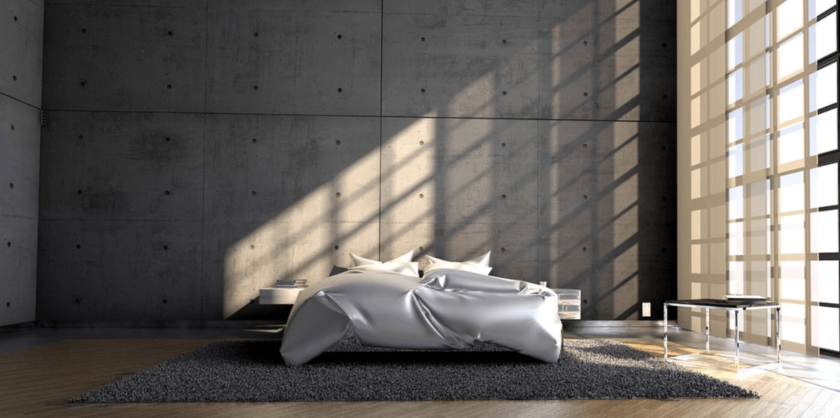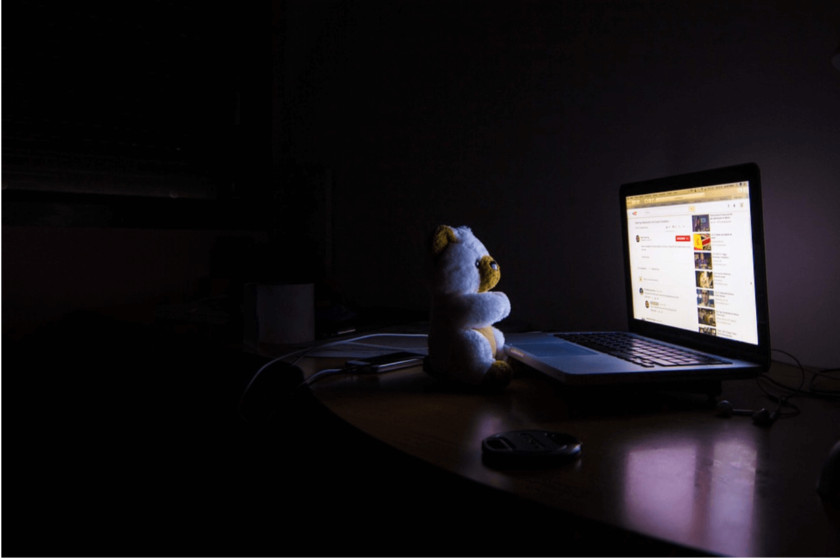A good night’s sleep is one of the most important factors to overall health and wellness, but it can also be one of the most challenging things to attain. There are myriad reasons why attaining a good night’s sleep can be difficult, from stress and anxiety to improper natural body rhythms, you may find yourself struggling to sleep no matter how tired you are.
You try to sleep because you are so tired, find it hard to sleep, have another day where you are exhausted, but then can’t sleep again! This is a vicious cycle that can lead to daily brain fog, lack of motivation, and make your overall mood and energy lag throughout the day. Poor sleep can launch any number of negative health effects, from depression to moodiness and worse.
If you find yourself struggling to sleep, it is important to nip that problem in the bud, allowing you to become more focused, better rested, and the best version of yourself you can be. Here are some simple tips that can revolutionize your sleep, and facilitate restful and relaxing periods of rest.
1. Timing your Caffeine Consumption
Waking up in the morning to a cup of coffee is a great way to start your day, however, partaking in caffeine throughout the day can dramatically affect the way you sleep at night. While caffeine is the crutch that many of us use to stay awake during the day, it is important to put a time limit on your daily consumption. Don’t shoot yourself in the foot with your caffeine consumption.

It is a good practice to stop caffeine consumption 4 to 6 hours before you are planning to go to bed. This allows the caffeine to leave your system and not affect your sleep patterns. If you lay in bed mentally tired, but jittery. This can be a sign that you need to terminate your caffeine consumption much earlier than normal. While that cup of coffee after dinner with your desert may sound appealing and appetizing, it could be what is triggering your poor sleep.
Experiment with cutting off your caffeine consumption before bed, and you are sure to see some improvements in your sleep.
2. Examine your Sleep Environment
The environment you sleep in can dramatically affect how well or how poorly you sleep. Your bed is one of the most important factors when it comes to sleeping, so you want to ensure that your bed and mattress are helping you sleep, rather than hindering your rest period.

If you find yourself uncomfortable when you sleep, it might be time to choose a new bed frame and mattress. Depending on your personal needs, you can find a range of choices, from one piece solid frames to an adjustable bed frame, that can overall enhance your sleep experience. Ensuring that your sleep surface is the best choice for you, and changing it if necessary, is one of the best steps you can take to ensure you are getting the best possible sleep for your circumstances.
3. Sleep Temperature
Depending on the environment in the city you live in, regulating temperature is a very important factor in ensuring a good night’s sleep. If you are too hot or too cold while you sleep, it can detrimentally affect the quality of your rest period. Making sure that your bedroom is temperature-controlled for optimal sleep can be one of the best decisions you will make when it comes to your sleep temperature.
Ensuring that your temperature is optimal and regulated throughout the night can mean implementing fans, heaters, or ensuring you have the best breathable bed linens available. IF you struggle with temperature discomfort throughout the night, you’re not catching the z’s you need. Reevaluate your room and temperature controls, sleep clothes, and linens, and you may find yourself floating on cloud 9, ready for the best rest of your life.
4. Bright Lights During the Day
Your body follows a natural rhythm that is triggered by light and darkness. This rhythm means that absorbing as much bright light as you can during the day, and as much darkness and soft lighting as you can at night sets your body’s sleep rhythm.

Bright lights during the day encourage your body to awaken and perform, while softer lighting and darkness in the evening prepare your body for sleep. If this natural rhythm is broken, you will find yourself struggling to sleep during the night, and this can greatly affect your sleep quality.
By ensuring you are accessing light and darkness at the right times, you can reset your body’s natural rhythm, and allow your sleep to be less stressful and more restful.
5. Screen Time and Reducing Blue Light
While you may be used to watching your favorite videos in bed or catching up on your social media in the evening, this can be a significant factor in your poor sleep habits. The blue light saturation on your phone can trigger your brain to wake up when all other triggers are telling it to sleep.

It is a good practice to keep your blue light filter on, but also an overall reduction of your screen time within an hour before bed can be a great way to prepare your mind and body for sleep. Being in a darker room with soft lighting, reading a book, or focusing on something other than a bright light can trigger your body to start shutting down, allowing you to effortlessly float into dreamland.
6. Consistency is Key
Our bodies are creatures of habit, and ensuring a consistent sleep cycle is very important. No matter what you do, remaining consistent with your body’s awake and asleep times can be the number one factor in allowing you to have a good night’s rest. No one is saying don’t sleep in on the weekend, but overall try to maintain a consistent time for waking and resting, this will allow your body’s natural rhythm to provide you with the best and most restful sleep possible.
Consistency in your sleep time will change the way you rest, and allow you to wake and rest during normal intervals, helping you attain a healthy and balanced sleep.
No matter what tips you try to follow from this list, make sure that you keep your attempts clear and consistent, and within a couple of weeks, you will find yourself well-rested and ready to face the day!

